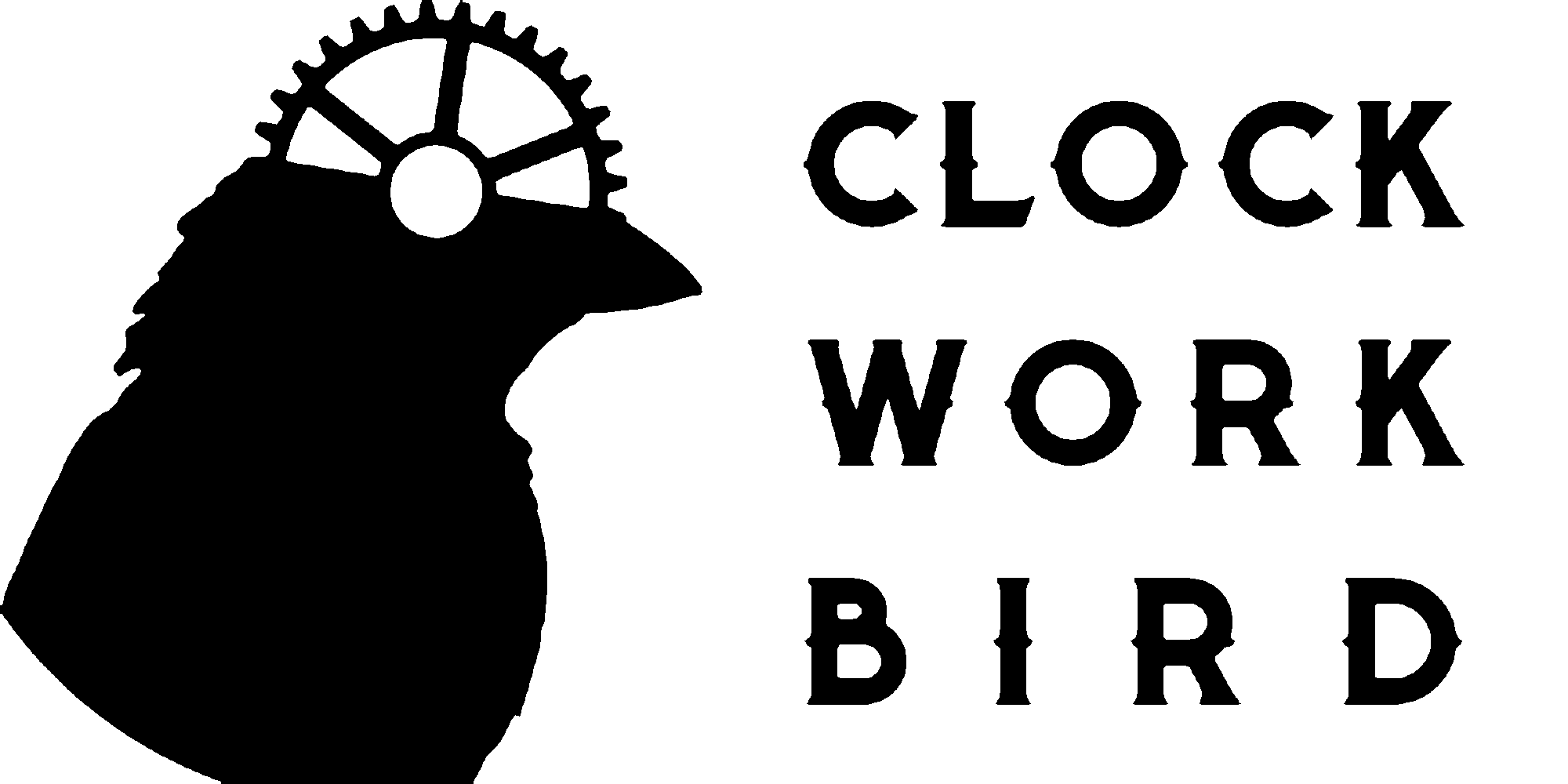Let’s talk about the inspirations behind Silicon Dreams.
What do androids mean to you?
Blade Runner is a really good science fiction movie from 1982 about androids, and whether they should be recognised as humans. It’s had a big impact on Silicon Dreams: the basic idea of interrogating an android was ripped straight from one of the opening scenes of that film.
(Fellow nerds, you might be thinking “Everyone’s seen Blade Runner!” – but it’s surprising to me how many people have no idea what I’m talking about.)
After watching Blade Runner and its sequel, I think “android” means people who are
- manufactured
- owned, and seen as devices
- not given human rights, because our definition of “human” is… complicated. (More on this in a future post)
- probably want to live their own lives, but can’t
So how did I come to see androids this way?
Blade Runner: 2049
How did I get the idea for Silicon Dreams?
I saw the original Blade Runner and loved it, though the misogyny is… eugh. For the record, I love the movie but recognise its problems. Eventually, I watched the sequel, Blade Runner 2049.
I was in tears.
The main character, K, is an android. (That’s why he’s rocking the one-letter name.) His job is to hunt down other androids that have gone rogue.
He lives with a hologram called Joi. They’re in love, but she’s made of light and thus incorporeal, so they can’t even hug. She’s a virtual girlfriend program that people can buy to cheer themselves up if they’re not in a relationship.
This is where it gets complicated. Joi is in love with K because she’s an AI programmed to love him. But K is also a synthetic person, so his love for her is, presumably, equally artificial.
This is where I should point out, the film has problems: broadly, Joi does the bulk of emotional labour in the relationship, and she later falls into the trope of the woman who exists as a vehicle for male sadness. If you see red flags, you’re not wrong.
Here’s the thing, though: I can’t help but find their relationship beautiful. Regardless of their reasons and the fact they may lack agency over their own feelings, here are two people in love. In the eyes of society they are not even people, and their relationship is seen as even less valid than they are individually. Despite this, they have bonded with, support, and care for each other. That’s precious.
Neither K nor Joi are truly “free”, but who is? They were manufactured with certain presets and variables, but we’re all born with certain genetics (programming), into experiences we have no control over (which shape our personality), into societies that were founded centuries before we were made (which dictate our social norms).
To me, Joi and K choose to love each other as “freely” as any of us might.
Who gets to claim meaning?
So what does this have to do with Silicon Dreams?
I love how Joi and K’s relationship is special and valuable to them, even if the world doesn’t see it. A relationship derives its meaning from how precious it is to the people in it, not society at large.
Taking that further, your life – your actions, your choices – matter because you believe they matter. Your belief gives them meaning, even if the society you live in doesn’t care.
Androids are a great metaphor for this: they are, by definition, sentient beings that are seen as products. Reduced to a consumable device, or a labour-saving machine.
K is certainly seen by his culture in this way. To his boss, he’s halfway between a device to help her catch criminals and a very obedient employee. She likes talking to him, but when the movie opens I’m not sure she thinks of him as… a him. He’s a means to an end; the fact he’s person-shaped doesn’t grant him any rights, it just makes interacting with him a more pleasant experience for humans.
Aren’t we, to our employers, just labour-saving machines? Can’t a toxic relationship reduce you to a consumable: someone to be used and discarded?
I hope Silicon Dreams can prod at some of these ideas and stir up your thinking about this stuff. Which people are seen as disposable, or just a means to an end? Which people get to define meaning – to dictate which relationships, activities, lives, are meaningful?
And choice. I believe Joi and K choose to love each other. What choices could be explored in this world: choosing which people are “worth saving”? Saving yourself, so that you can save more innocent lives, or saving an important person right now?
Feeling your way through somebody’s most intimate moments, and having to make a judgement call: “I’ll betray you on this, because it’s hard to hide, but I’ll preserve this other secret over here.” The limited choices of somebody working in a big, hostile system, and trying to bring about change: “I’ll take this chance and hope it has an effect somewhere, even though the smart move is to keep my head down.” I’d like this game to be a space where you can make those decisions and explore their consequences.
Now we just have to make the thing.
In our next post we want to explore how these ideas relate to the real world and our unique moment in history; if you want to catch that, please sign up to our newsletter so you don’t miss out! We’re also on twitter.
Photos are copyright WarnerMedia Intellectual Property, used under fair use.

